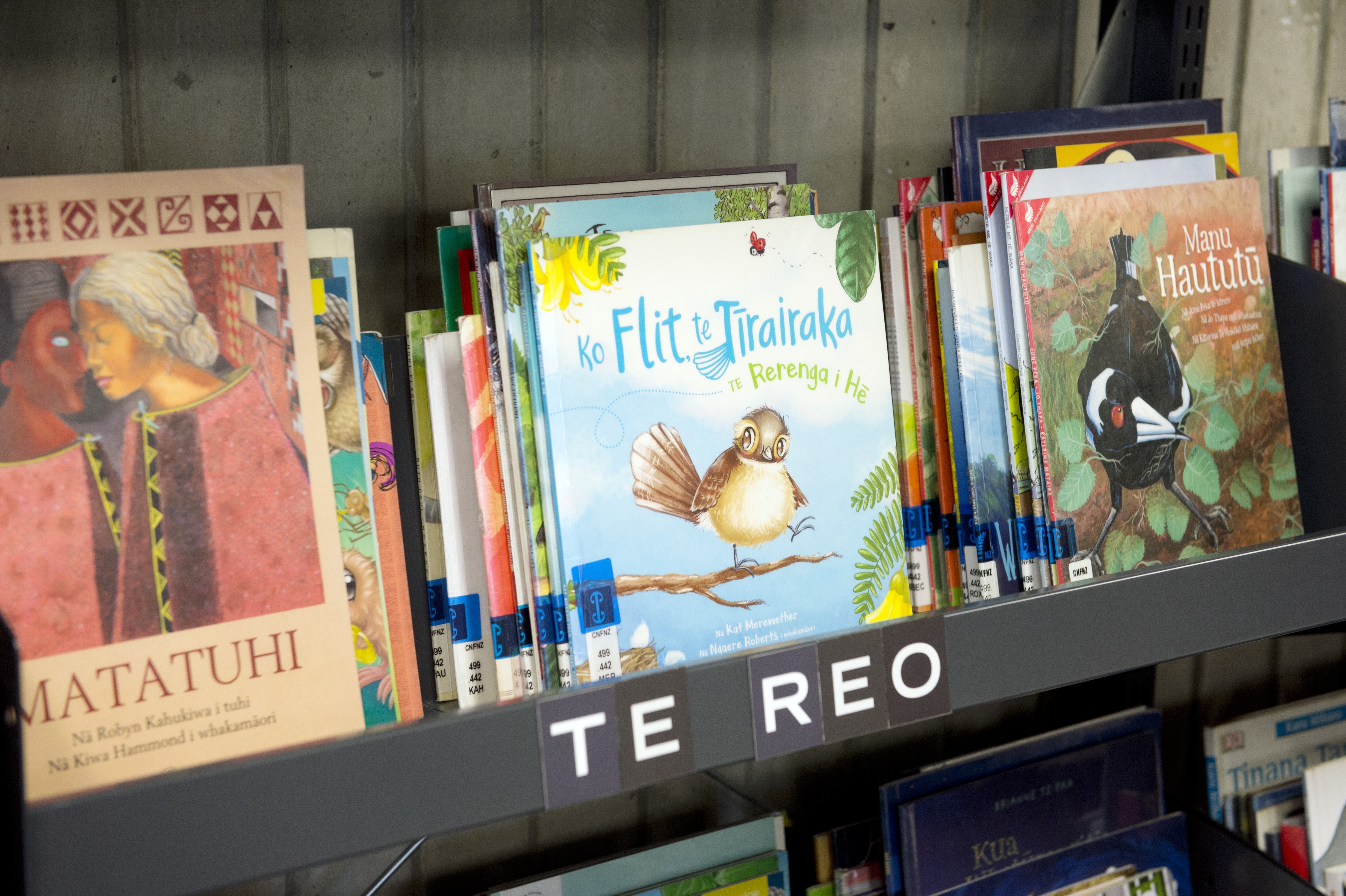
If you can say the word "car", you can say the word "karakia". If you can say the word "for" you can say the word "koro".
Unless of course if you are the minister of education, in which case, the complexity of using the same vowel sound for the same letters in both English and Māori words is too great a language hurdle.
This is the official reason for the elimination of common reo Māori being removed from the Ready to Read Phonics Plus series of books.
This decision by the minister has caused widespread condemnation and was recently described as "white supremacy".
Some people will struggle with this term being used to describe the actions of the minister and ministry. White supremacy invokes the common image of skin-headed Nazis, hateful violence and destruction.
So, is the minister’s decision an act of white supremacy?
White supremacy is a term that is not just used to describe individuals. It is an ideology that arises from the settler-colonisation of Aotearoa and Te Waipounamu and from a desperate grip on monolingualism seen almost nowhere else in the world. It is a term used to describe how racism is built into the systems that govern us.
When racism is built into our systems of governance in Aotearoa New Zealand, we see it when the language, culture and people of Māori and other non-Pākehā ethnicities are treated like an aberration or not "normal".
The treatment of non-Pākehā culture and language as "not normal" is evident in many ways.
We saw an example recently when the minister for justice described the haka in Parliament as lacking "civility". But it is most prominent in the different ways te reo Māori is being eliminated from public view.
The argument government uses is English is "normal" and te reo Māori is not "normal". It is untrue, and when this false argument drives government policy, that policy can be rightly described as white supremacy.
The Māori Language Act 1987 made te reo Māori an official language of New Zealand, the first time any language was legislated as an official language. Legislation confirming New Zealand sign language as such followed in 2006.
The effect of these two Acts is to give all New Zealanders the right to use te reo Māori and New Zealand sign language in legal proceedings and it places obligations on public services to make provision for their use.
The use of te reo Māori is therefore protected by law. This was a great start.
The kohanga reo movement, kura kaupapa Māori and the oversubscription of adult te reo Māori classes across the country all pile on evidence of the fact New Zealanders are increasingly using and wanting to use te reo Māori in their everyday language.
It would be quite reasonable to think then te reo Māori is normal. And it is.
Most likely, whether you "speak" te reo or not, you also use Māori words like kiwi, kai, waka and mana.
You may often say "ka pai" when your kids do something well, "ka kite", or the peculiarly New Zealand slang of "ka keets" when you drop your kids or your "moko" at their "kura".
You might baulk at the use of the word "Pākehā", but you still say it and know what it means.
You almost certainly say, or know what kia ora means, especially when someone overseas says it to you when they discover you are a New Zealander.
You may sign your colleagues’ leaving cards with aroha and know what it means when it is written in yours. You might even say taihoa when someone needs to slow down and "holy hika" is making a lovely comeback when something seems surprising or undesired.
These are the words our children see, hear and say everyday in some form in the reading, listening and speaking of "English".
For the Ministry of Education to now classify these words as "abnormal" in New Zealand English can only be an act of racism built into our system of governance, and therefore rightly described as white supremacy.
I admit to being particularly offended at the elimination of the word "koro" from the Ready to Read books. That word means our grandfather, our beloved elder and when it is used by us and by our mokopuna it refers to the utter love and affection we hold for those older men in our lives. To eliminate this word in the readers is to eliminate the depth of that relationship from the language of our moko who are learning to read.
If the ministry continues with its plans, the precious relationship that mokopuna Māori have with their koro will disappear in their books.
The only elder men who will matter will be Pākehā grandfathers. That is white supremacy.
■ Metiria Stanton Turei is a senior law lecturer at the University of Otago and a former Green Party MP and co-leader.











